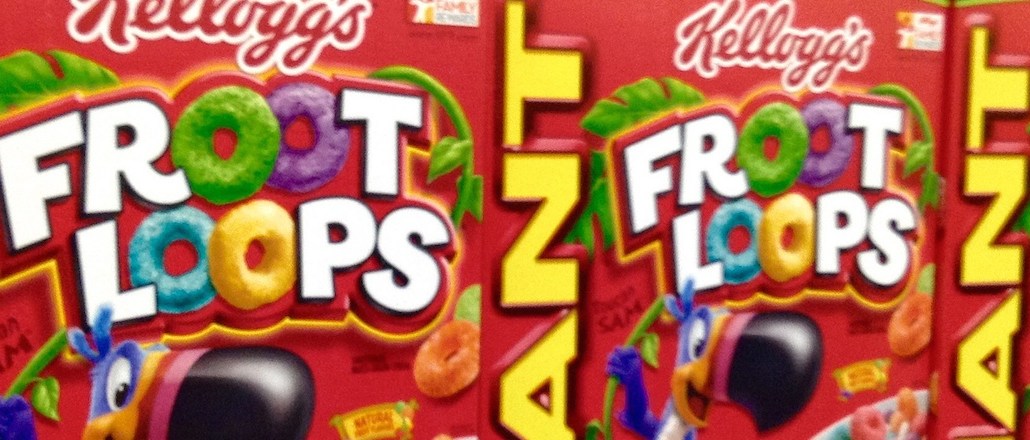Secure your place at the Digiday Media Buying Summit in Nashville, March 2-4

Breitbart News has stoked the internet with its call for a boycott of Kellogg’s goods for pulling its ads from the so-called “alt-right” news site. But is it also infringing on the law?
The breakfast cereal maker has been joined by other advertisers including Allstate and Warby Parker in pulling their ads from the site, which many say promotes hate speech. Ad tech companies AppNexus, TubeMogul and Rocket Fuel have stopped serving ads to Breitbart. Many national brand advertisers continue to appear on the site through retargeting or other programmatic ad buying means, which means they don’t always know which sites their ads will show up on.
Kellogg’s was more vocal than others about pulling its advertising, and Breitbart slapped back, calling its action “bigoted and anti-American.”
A boycott may have a negligible impact on Kellogg’s sales, but some legal experts say Breitbart’s actions put it on sketchy legal ground.
There have been other boycotts called for by both pro- and anti-Trump supporters. But Ted Boutrous, a First Amendment lawyer at Gibson, Dunn & Crutcher in Los Angeles, said Breitbart’s actions could violate laws barring unfair business practices because it’s calling for a massive group boycott of an advertiser to further its competitive position.
He said a possible precedent is a case where a group of attorneys representing poor defendants boycotted for higher pay, and the Supreme Court held their action to be price fixing.
“It’s clearly intended to deter other advertisers from withdrawing their business and to ensure costs and prices don’t go down for Breitbart,” Boutrous said of the boycott. “It’s a serious issue to boycott in the commercial sphere.” Neither Breitbart nor Kellogg’s have replied to requests for comment.
Boutrous, who has said he would represent pro bono anyone Trump sues for exercising their free speech rights, said that California’s broad anti-competition laws would be fertile ground for such legal action. The state could bring action on behalf of consumers or other businesses if they’ve been harmed by Breitbart’s actions, or Kellogg’s could, if it can show a boycott affected its sales. But proving harm could be tricky, and these are unchartered waters.
Meanwhile, Breitbart’s White House connections could make it look like the government is trying to squash free speech, in this case, of Kellogg’s, said another attorney, Frederick Lane, who specializes in technology and society and is researching a book on Trump’s tweets. Stephen Bannon, the former head of Breitbart, is now a top advisor to Donald Trump.
“You can’t say per se the White House is backing this, but the association is what is raising people’s hackles,” Lane said. “There’s nothing illegal about Breitbart calling for a boycott. But it raises an immediate red flag given the connections among the individuals involved.”
Image: Mike Mozart via Flickr
More in Marketing

Pitch deck: Why Amazon believes its premium streaming inventory is worth the money
Amazon is pitching its DSP to make the case.

In Graphic Detail: The state of the marketing agency sector
Revenue figures from Omnicom, Publicis and Havas, and new employment stats, offer a snapshot on a quickly evolving industry.

Future of Marketing Briefing: The mental gymnastics of principal media
Welcome to the psychological CrossFit class of modern marketing. Here’s how marketers are learning to move through it.





